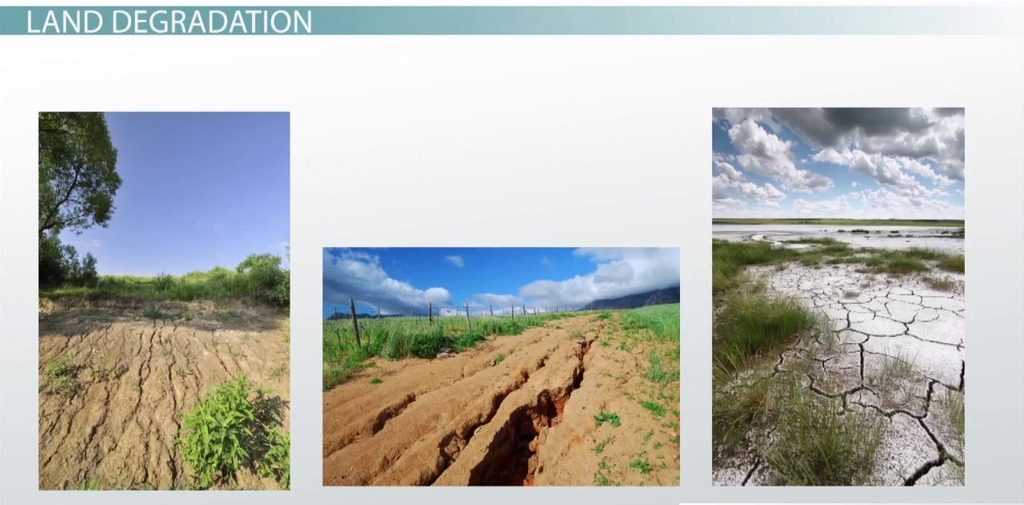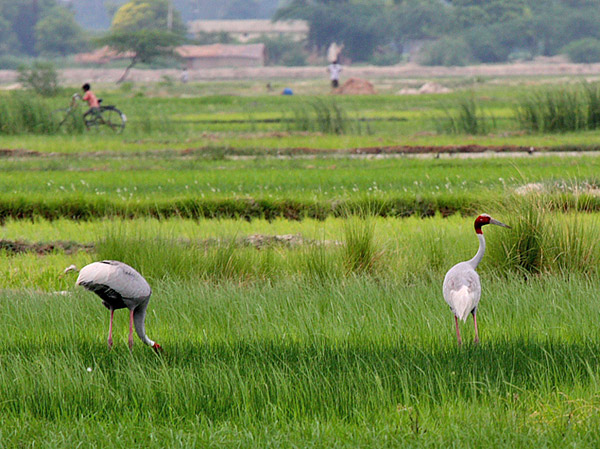Introduction
Food is not merely sustenance; it is intertwined with our culture, traditions, and, most importantly, our ethics. In recent years, the global food system has come under intense scrutiny due to its impact on the environment, the welfare of animals, and even the social justice implications of food production and distribution. As we stand at the crossroads of sustainability and ethics, it’s imperative to address the moral dilemmas that surround agriculture and food. This blog post will dive deep into these complexities, highlighting key ethical issues and suggesting ways to make more responsible choices in our food consumption.
- Environmental Ethics
One of the most pressing moral dilemmas in agriculture is its environmental impact. The industrialization of farming has led to deforestation, soil degradation, excessive water use, and the release of greenhouse gases. These practices contribute significantly to climate change and habitat loss, endangering countless species. So, how can we align our food choices with environmental ethics?
- Ethical Treatment of Animals
Animal welfare is another ethical dilemma associated with agriculture, particularly in factory farming. The conditions in which animals are raised, confined, and slaughtered often raise serious moral concerns. This includes issues like overcrowding, the use of antibiotics, and inhumane slaughter methods. To address these concerns, many are advocating for more humane and sustainable practices, such as free-range and organic farming.
- Social Justice in Food Distribution
While some enjoy an abundance of food choices, millions around the world face food insecurity. The uneven distribution of resources and food waste raise ethical questions about social justice. How can we ensure that everyone has access to nutritious food, and what role do our consumption habits play in this complex issue?
- Genetic Modification and Food Ethics
Genetic modification of crops and livestock is a contentious issue within agriculture. While some argue that GMOs can help address global food security challenges, others worry about their long-term effects on health and biodiversity. Understanding the ethical implications of genetic modification is crucial for making informed choices about the food we consume.
- Ethical Consumerism
As individuals, we hold significant power in shaping the agricultural landscape through our purchasing decisions. Ethical consumerism involves making choices that align with our values, whether it’s buying locally sourced produce, supporting sustainable agriculture, or opting for plant-based diets. These choices can have a ripple effect, influencing industries and policies.
- Food Waste
Food waste is a major ethical concern, considering the resources, including water, energy, and land, that go into producing the food that ends up in the trash. Reducing food waste at both the individual and industrial levels is not only an ethical imperative but also an environmental and economic one.
- Balancing Tradition and Ethics
Food is deeply rooted in culture and tradition. Many traditional dishes and practices, however, may not align with modern ethical standards, such as sustainable fishing or the use of endangered species in cuisine. Striking a balance between preserving cultural heritage and adopting more ethical food practices can be challenging but necessary.
Conclusion
Agriculture and food ethics are at the heart of many moral dilemmas we face today. As consumers, we have the power to shape the future of food production and consumption through our choices. By supporting sustainable and ethical practices, demanding transparency from food producers, and making informed decisions about what we eat, we can contribute to a more responsible and conscientious food system.
In this complex web of ethical concerns, it’s essential to recognize that there are no one-size-fits-all solutions. However, by engaging in thoughtful discussions, staying informed, and making choices that align with our values, we can collectively work toward a more ethical and sustainable food future.
Let us remember that what we put on our plates not only nourishes our bodies but also reflects our values and our commitment to a better, more ethical world.





